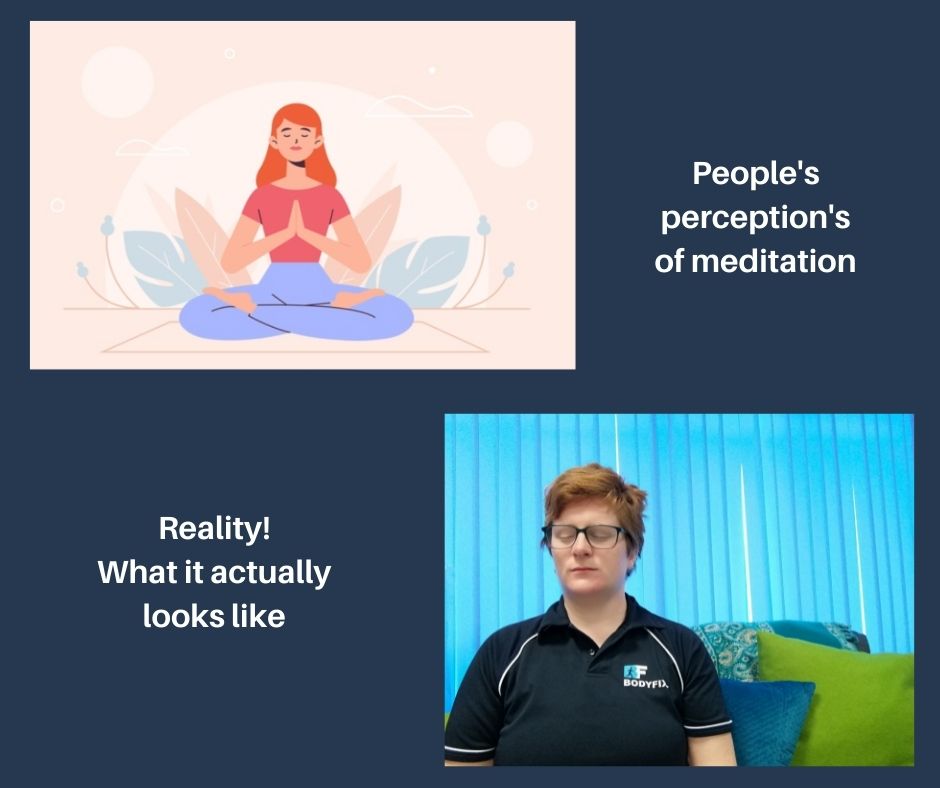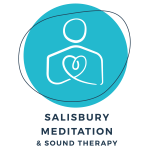Definitions of meditation
The Collins Dictionary defines meditation as: “the act of remaining in a silent and calm state for a period of time, as part of a religious training, or so that you are more able to deal with the problems of everyday life.”
Gelong Thubten, a Buddhist monk states – “meditation is about giving our minds complete freedom; it enables us to find space within, rather than form, the thoughts. If there are lots of thoughts, that’s fine, but we can learn not to be bothered by them, not to get entrapped by them”.
Buddhaghosa (a 5th century Buddhist monk) simply puts – “meditation is training of attention”
Sharon Salzberg said that – “straightforward and simple (not easy), meditation is essentially training our attention so that we can be more aware – not only of our own inner workings but also of what’s happening around us in the here and now. Once we see clearly what’s going on in the moment, we can then choose whether and how to act on what we are seeing.”
Joan Borysenko PHD eloquently said that – “meditation helps to keep us from identifying with the ‘movies’ of the mind.”
And finally, “Letting the mind experience itself” (Dariana, daughter of Neuroscientist Dr Fred Travis, Live EEG demo of Transcendental Meditation at Maharishi University)
So what is meditation?
Meditation is an inward practice where you are allowing yourself to connect back with yourself. It helps you to focus on the present moment and can help you to feel calm, clarity, grounded (less in your head and more able to cope with everyday life). It can help you to create space and is something that you can do for yourself, which can bring self love and compassion, empathy, self care, awareness and acceptance.
Meditation can be secular, so it doesn’t have to be attached to religion, yoga, difficult poses and in one form or another, is something that anyone can experience and get benefit from. The more I practice meditation, the more I see the pattern of a calm mind with more space between thoughts.
There are many different types of meditation that use different focuses, ie controlled breathing, counting, visualisation, and chanting. Within meditation you can also use tools, like objects to focus the mind on or tactile items to feel like pebbles and prayer beads. Meditation can be a practice that is done on your own or in a group with a guided practice or self discovery practice.
Meditation has origins from multiple religions such as Hinduism, Buddhism, Christianity, Judaism, Sufis and Isalm, but you do not need to be religious to enjoy the benefits of meditation. For more information take a look at our History of Meditation page. Link.
If we look at Meditation from a Buddhist perspective, meditation is a means of transforming the mind:
“Buddhist meditation practices are techniques that encourage and develop concentration, clarity, emotional positivity, and a clear seeing of the true nature of things. By engaging with a particular meditation practice one learns the patterns and habits of the mind, and the practice offers a means to cultivate new, more positive ways of being. With discipline and patience, these calm and focused states of mind can deepen into profoundly tranquil and energised states of mind. Such experiences can have a transformative effect and can lead to a new understanding of life.”
“Practices like meditation are means of changing yourself in order to develop the qualities of awareness, kindness, and wisdom.” www.thebuddistcentre.com
Meditation can be done anywhere and in the more conventional practices, all you need is to be able to sit, be comfortable and have quiet. But you can also use the meditation practices whilst walking, traveling to work (if not driving) or by taking a few minutes out of your day.
Misconceptions of meditation and what meditation isn’t…
- Meditation isn’t a nap, sleeping or a passive exercise. To meditate you need to be awake, conscious of your thoughts and when you become aware of intrusive thoughts, bringing your mind back to the present focus. If you fall asleep during a meditation, that is different as your body and mind probably need this.
- Mindfulness Meditation isn’t the emptying of your brain or stopping thoughts or silencing the mind either. Meditation is the practice of being aware of your thoughts or ‘monkey brain’ where thoughts ping in and take you off on a tangent. It is not possible to stop thoughts. In meditation we are focusing our attention with the aim to have more time between thoughts and not get attached to them. The aim is to acknowledge them but come back to the breath, counting or visualisation to take the focus away from that thought and let go. Meditation aims to create a pause between thoughts and in a way, make friends with your thoughts instead of fighting against them.

- The learning of Meditation isn’t an easy journey or a quick fix to solve your problems. That being said, you can use the techniques to make a quick change to your mind pattern and thoughts. Meditation is a skill that takes practice, patience and some days you will find the mind is gentle with greater space between thoughts and others not.
- To meditate you don’t need the latest equipment, you can just use a chair or lie or sit on the floor.
- Meditation takes a long time. People often say, “I don’t have time to meditate”. This is unlikely to be the case, as you can start with a 10 minute practice and build up if you want to. Ideally, you should be looking to meditate for 20 minutes a day, so you don’t need hours!
- You don’t need to be bendy, a yogi or have incense to meditate. Meditation has origins in yoga, with people often seen sitting in a lotus position but you can also just do it whilst sitting in a chair.
- Meditation is only for ladies. This is absolutely not true! Anyone can benefit from meditation, regardless of their gender.
- Meditation is against my religion, I am not spiritual or a hippy. To meditate you don’t need to be religious. The practice we teach is secular and if you are religious, this won’t go against your beliefs. We will not ask you to join in any activities that you do not feel comfortable with.
- People also say “I tried meditation once but I didn’t get on with it.” This is common, because as I mentioned earlier, it isn’t easy; it is like learning to drive – most people didn’t learn to do it in one session. It takes practice, concentration and effort but I really encourage persevering as you will feel the benefits. We do also recognise that not every type of meditation is suitable for everyone, so you might need to experiment with the different techniques to find the right one or combinations of techniques suitable for you.
- “I am not a calm enough person to meditate.” We hear this a lot and you don’t need to be a calm person to meditate, but you might find you are calmer after you have practiced meditation.
- “I don’t want to change into a different person.” This is a common misconception with meditation: the aim is not to change you into a different person. However you may notice that aspects of your personality may change, for example you may have more patience, you may have more compassion for yourself and others, you may react to situations differently, however you are still you.
- Meditation is a magic wand and will make everything better! I wish meditation was like a magic wand, however it is more of a skill that you learn which may help you to create change.
- “I don’t want to chant or become a monk to meditate.” You don’t need to become a monk to meditate and you don’t have to chant. There are some practices which are based on chanting but you don’t have to do these. However I would just say that chanting can be very empowering as it releases energy stuck within the body, for example frustration, anxiety or anger; it can be quite energising also.
- Meditation is hypnosis. This is also a common misconception; meditation is completely separate from hypnosis and during our meditation practice we do not include hypnosis.
- Meditation will take away your stress. Meditation doesn’t take away stress, stressors or situations within your life, however it can change your perspective, how you deal with situations and how you cope with the stress.
Gemma’s definition of meditation
“Meditation helps us to focus on the present moment. The practice of training our mind; becoming aware and paying attention to our thoughts and creating space between them. It gives the gift of calmness, compassion, clarity and grounding without judgement. Scientific research shows numerous benefits for physical and mental health and wellness.”
Claim Your special offer ‘mindfulness meditation beginners online or in person session’ or book a relaxing soundbath
To claim yours now, simply click on the orange button below and then chose the option that suites you best on the next page
